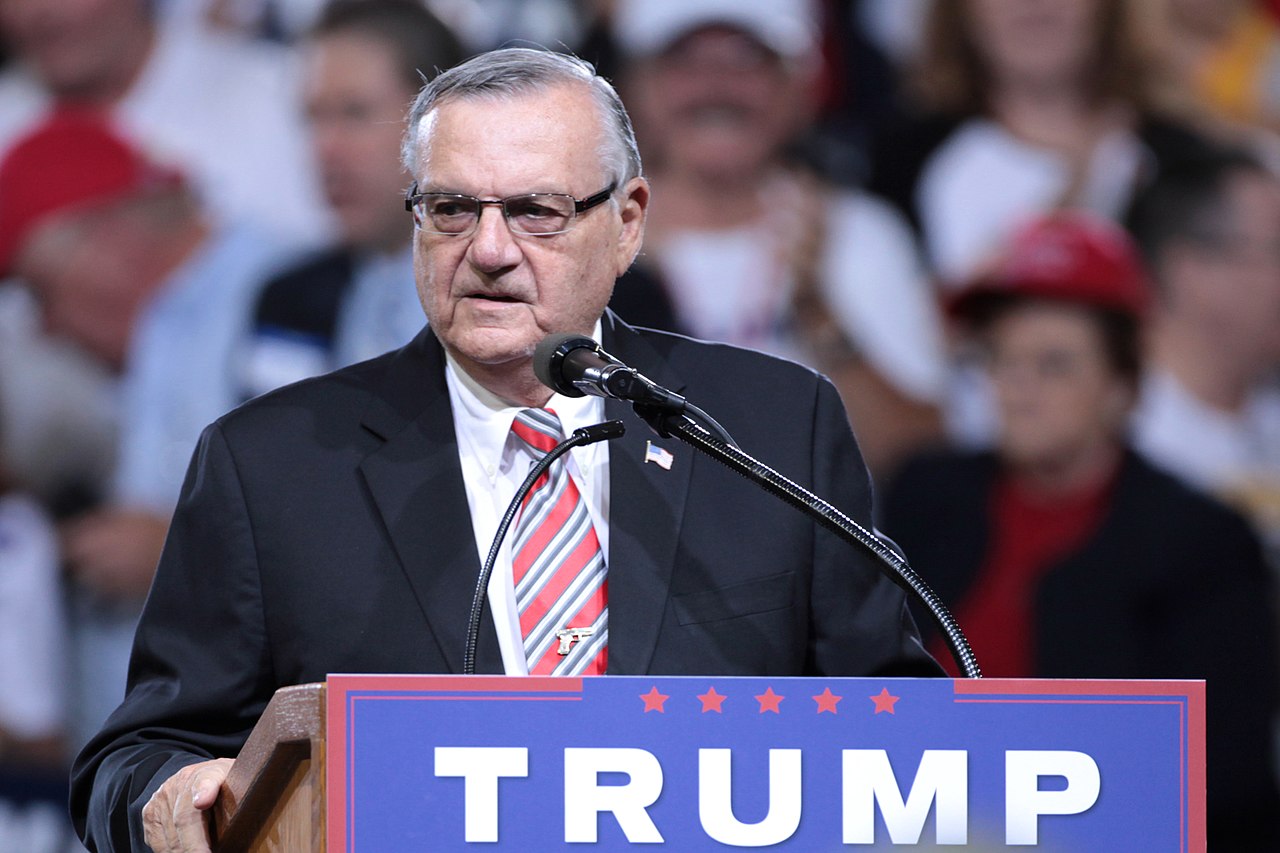Views expressed in opinion columns are the author’s own.
Fascism in America is accidental. Due to the complexity of America’s governmental system and the polarized political climate, it is unlikely the willpower of one man could actually drag the nation into a dictatorship. And that man certainly wouldn’t be Donald Trump. Despite panic on the left, America’s institutions are strong enough to survive almost anything the president throws at them.
However, that doesn’t make the threat of fascist ideology any less credible. It simply means the threat is decentralized. The creeping fascist undercurrents in American politics are systemic. They draw from anger, incompetence and complacency rather than intentional design. Recognizing and fighting (nonviolently) against these instances of accidental fascism ensures the rule of law applies to everyone equally.
Despite the strength of America’s democratic system, we have a long history of tolerating authoritarian ideologies. Joseph McCarthy infamously crushed his opposition by accusing individuals of being communists, often destroying their lives in the process. During World War II, Franklin Roosevelt sent Japanese-Americans to internment camps without regard to their basic rights. And, perhaps most egregiously, southern states forcefully and systematically denied black Americans the right to vote for nearly a century after the 15th Amendment was ratified.
None of these cases are clear-cut fascism, nor were they necessarily intended to be authoritarian power-grabs, but they all carry elements of that ideology. They are all examples of governments responding to fear by consolidating power and stretching the rule of law. Similarly, America is not currently in danger of any sweeping authoritarian coup.
But, as always (and perhaps slightly more than usual), we risk stumbling blindly into authoritarian policy in our pursuit of some misguided notion of public safety.
Meanwhile, TV news programs focus almost exclusively on the president, and the “resistance” opposes him specifically. Granted, there is some rationale for such a narrow focus on the president. It’s shocking to see the most powerful person in the U.S. government exhibiting such blatant authoritarianism. The now-played-out observation that this is not a normal presidency is inarguably correct.
But it misses the bigger story. While Trump is emblematic of the nation’s authoritarian and nationalist tendencies, he isn’t the root cause. Pockets of small-scale fascism across the nation have been tolerated since long before Trump’s presidency and will be tolerated long after he’s gone. In some places, the rule of law applies selectively, yet it’s tolerated because of fear or bigotry or ambivalence or just sheer incompetence. These isolated pockets of authoritarianism are far from the liberal fear of a fascist takeover of the executive branch, but they are just as dangerous and just as corrosive to the American way of life.
For example, well before he was convicted of criminal contempt, Maricopa County Sheriff Joe Arpaio built the Tent City Jail and forced inmates to work in chain gangs. He proudly showed his prisons to reporters, hoping to further his brand as the toughest sheriff in America.
Trump’s pardon of Arpaio is inexcusable, but not nearly as inexcusable as the fact that Arpaio’s behavior in Maricopa County was tolerated and encouraged — by popular vote — for decades. This is the kind of “fascism” America has to worry about: the officials who praise law and order while undermining it, and the administrations that confuse irrational fear with strength.
It’s important to recognize that authoritarianism will never disappear from American politics. It is encoded deep within our political DNA. But these incidents of accidental fascism can be fought individually. That is what we should focus our efforts on resisting: not the nebulous fascist threat that radical groups like Antifa seem to be convinced they are fighting, but the multitude of tiny yet concrete attacks on our legal, judicial and democratic systems.
Nate Rogers is a freshman computer science major. He can be reached at dodonculus@gmail.com.



